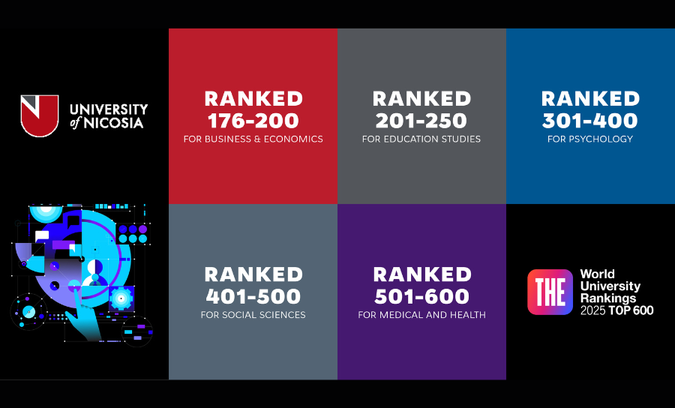Information
The Master in Monetary and Financial Economics provides a broad background in economic theory and specialized courses in monetary and financial economics. It is suitable for students who are interested in a career in the financial sector, such as banks, investment companies, etc.
Program
Successful completion of the programme requires 90 ECTS and the normal duration is three semesters. The 90 ECTS correspond to 9 courses (66 ECTS) and a thesis (24 ECTS). Of the required courses, 7 (52.5 ECTS) are compulsory, while 2 (13.5-15 ECTS) must be chosen by the list of elective courses. The following table shows the programme’s structure per semester:
1st Semester
- Money, Banking and Financial Economics
- Microeconomics
- Macroeconomics
- Econometrics
2nd Semester
- International Finance
- Τhe Economics of Firm Financing
- Applied Financial Econometrics
- 1 elective course
3rd Semester
- 1 elective course
- Master’s Thesis
List of elective courses for the Master in Monetary and Financial Economics
Students must choose two from the courses below:
- Financial Theory
- Investments
- Options and Futures
- Financial Analysis and Capital Market Research
- Advanced Capital Budgeting
- Seminar on Cyprus Economy, Banking and Financial Markets
- Financial Risk Management
- Applied Topics in Finance
- Analysis of Economic and Financial Data
Additional elective course
The ECTS obtained from this course cannot count towards the fulfilment of the 90 ECTS that are required for the completion of the programme.
- Placement in Financial Organisations
News

Invitation to the “3rd Doctoral Colloquium” …

University of Nicosia Music Programme Announces …

Young Universities for the Future of …

Great Success for the University of …









